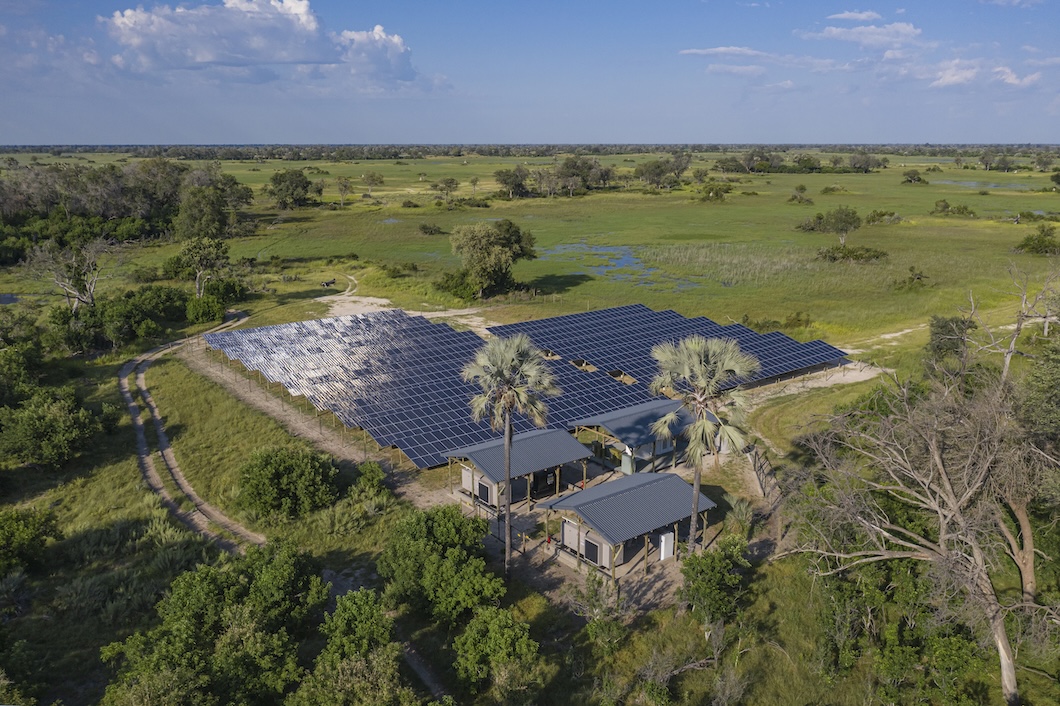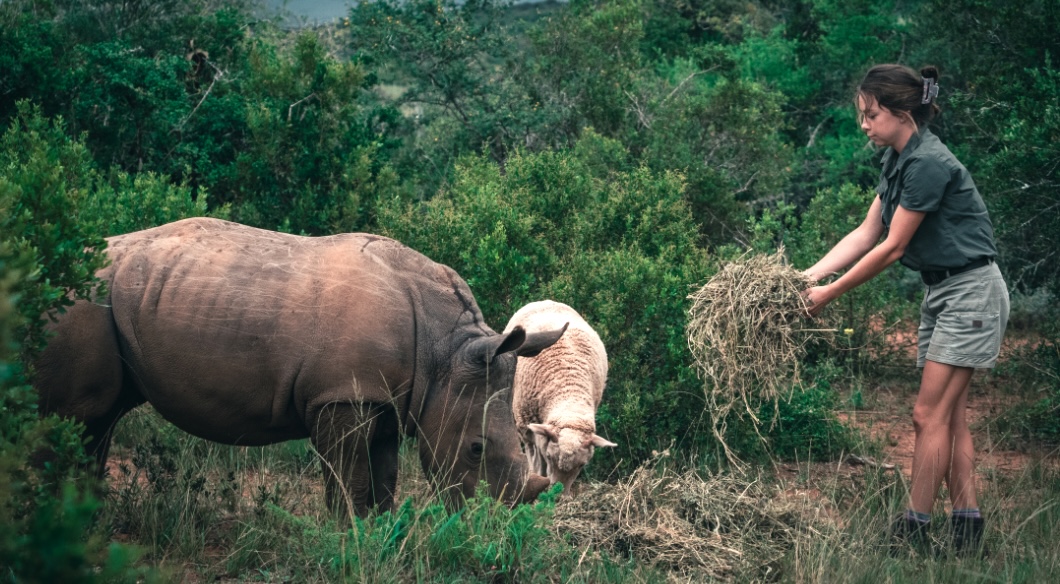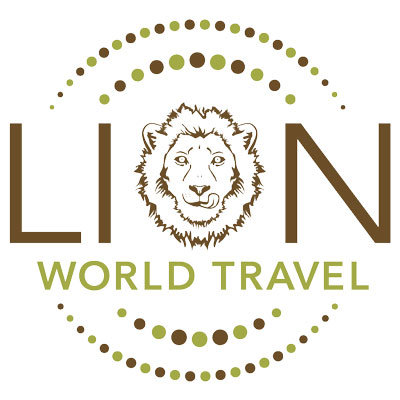Lion World Cares
How We Tread Right: Our Commitment to Responsible Travel
At Lion World Travel, sustainable travel isn’t just a promise—it’s our guiding ethos. We believe in leaving a positive impact on the planet, the communities we visit, and the wildlife we encounter. Through our How We Tread Right (HWTR) sustainability strategy and our MAKE TRAVEL MATTER® initiatives, we ensure every journey supports ethical and responsible tourism.
Our Commitment to Responsible Travel
People – We prioritize local communities, ensuring tourism benefits the people who call these destinations home.
Planet – We champion sustainable tourism by protecting landscapes, conserving natural resources, and reducing our environmental footprint.
Wildlife – We advocate for ethical wildlife experiences and are committed to conservation efforts. Learn more about our Animal Welfare Policy.
Join us in making every journey meaningful. When you travel responsibly with us, you help create a better world for future generations.
Ready to Travel Responsibly?
Explore our sustainable safaris and experience Africa in a way that truly makes a difference.
PEOPLE

We are dedicated to preserving and promoting the cultures, traditions, and arts of the communities we visit, helping them flourish. By fostering economic empowerment, we aim to ensure that these communities experience meaningful benefits from tourism. Through our support of micro-enterprises and community-based tourism initiatives, we strive to create positive, sustainable futures for community members and their families.
Community –
Not long ago, residents of the Marula Village in Huntington struggled daily to fetch water, walking long, unsafe paths to the nearest source. Even children as young as six endured this exhausting task, often unsure if the water was safe to drink. During winter, water sources often dried up, forcing the community to dig deeper. Thanks to the efforts of Sabi Sabi, Innovation Africa, and generous donors, this burden has been lifted. The village now has 11 water taps that supply over 54,000 liters of fresh water daily, saving time, improving health, and enhancing the quality of life for everyone.
Experience on Luxury South Africa
Diversity & Equality –
At Chobe Game Lodge, over 65% of the staff are women, including an exclusive team of professionally qualified female safari guides. This achievement is a key part of a successful initiative dedicated to empowering women and boosting the number of qualified female guides across Botswana.
Experience on Botswana In Style
PLANET
Our business is deeply committed to reducing environmental impact—it defines everything we do. In 2022, our parent company, The Travel Corporation, became the first global tour operator to have all three targets—near-term (2030), long-term, and net zero (2050)—validated by the Science Based Targets initiative. These efforts reflect our dedication to protecting the planet's future.
Climate –
Decarbonization is a key focus for our journey to net zero, and expanding renewable electricity sources supports this goal. A global shift to renewable energy is essential to reducing greenhouse gas emissions. Xigera Safari Lodge showcases how luxury and sustainability can coexist. Most of the lodge’s energy comes from its Tesla energy center and solar farm, powered by the sun, to protect the planet for future generations.
Experience on Platinum Botswana
WILDLIFE

The world’s wildlife is at a tipping point, and it’s our responsibility to protect species on the brink of extinction. In partnership with leading conservation groups, we work to safeguard and rehabilitate elephant, rhino, and big cat populations across Africa. We also educate our guests on ethical wildlife experiences, fostering a deeper connection to nature. At TTC, wildlife protection is key to our travel experiences. We audit our wildlife activities twice a year to ensure they follow our Animal Welfare Policy, based on the Five Domains model, which prioritizes animals' physical and mental well-being. Our goal is to eliminate cruelty and promote ethical wildlife tourism.
Conservation and Rehabilitation –
We are passionate about protecting and conserving wildlife, and we are proud to have supported Shamwari Game Reserve's important conservation projects. Explore more stories of how we have championed an industry free of animal cruelty.
- Wildlife Rehabilitation Center supporting the care of orphaned or injured animals that are rehabilitated and released back into the wild.
- Shamwari Anti-Poaching Unit supporting APU patrol vehicles APU patrol vehicles, tracking dogs, drones and AI technology for the projection of wildlife and fence patrolling.
Experience on Luxury Tented Safari

